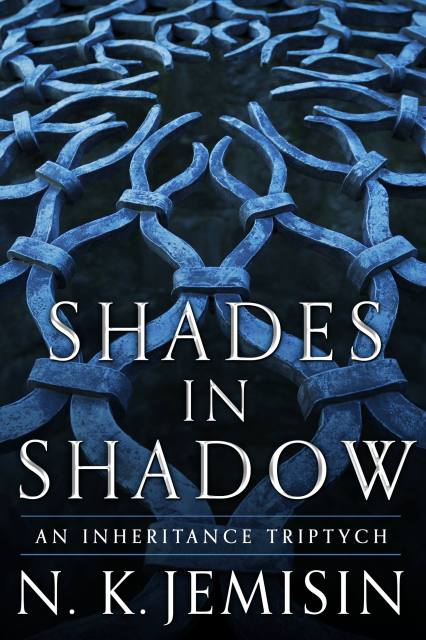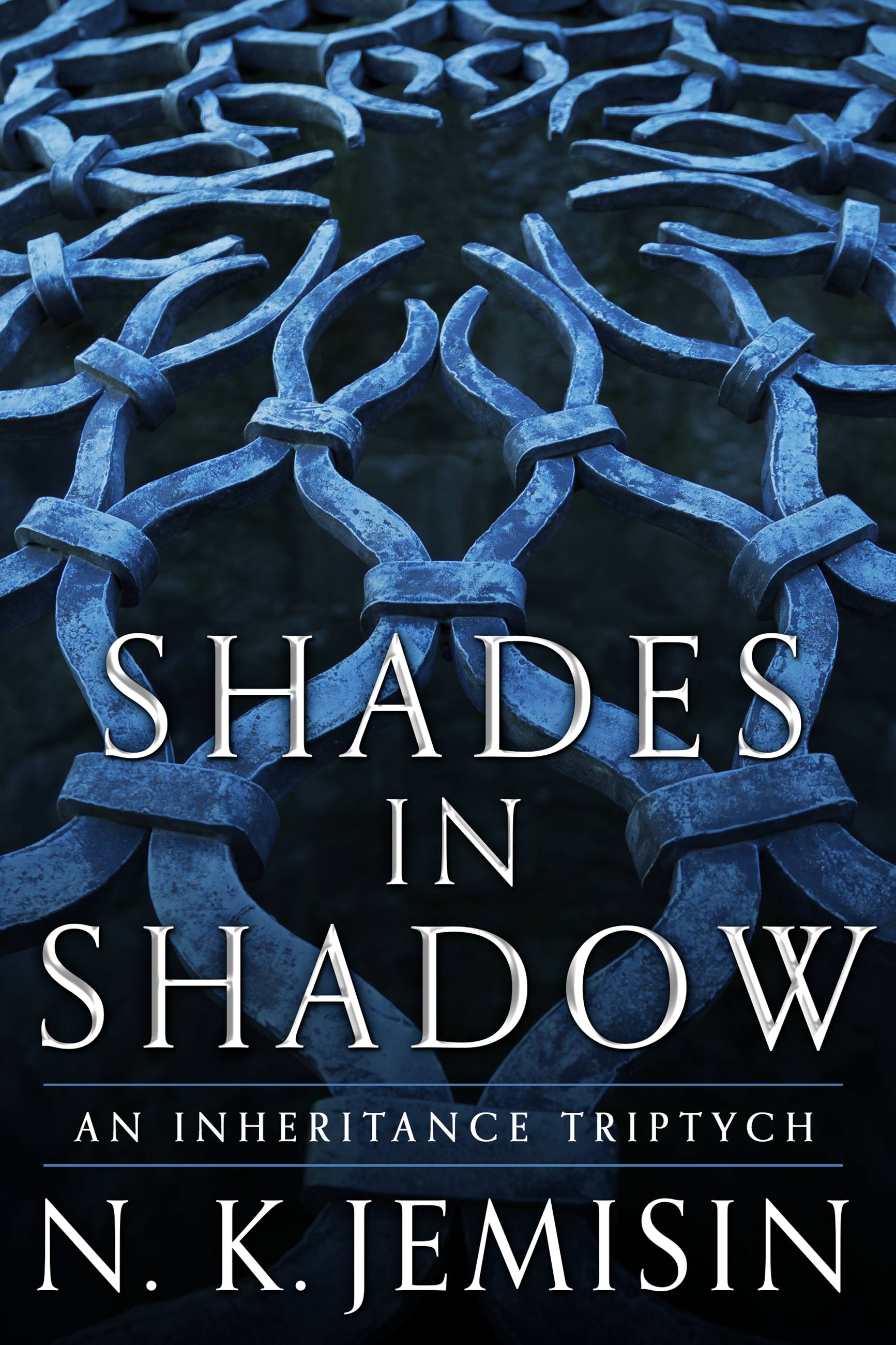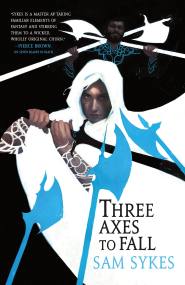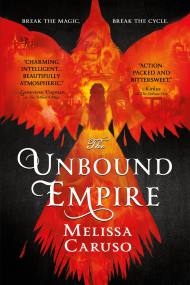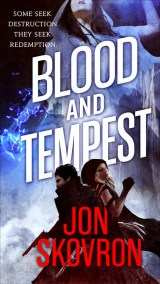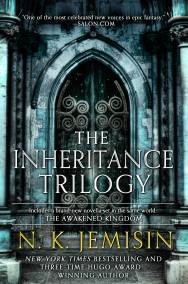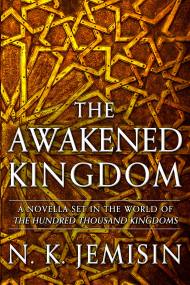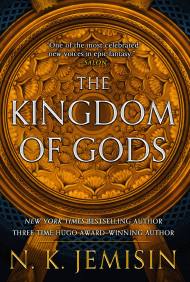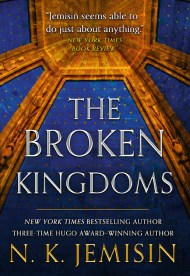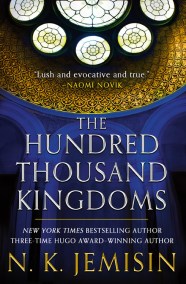By clicking “Accept,” you agree to the use of cookies and similar technologies on your device as set forth in our Cookie Policy and our Privacy Policy. Please note that certain cookies are essential for this website to function properly and do not require user consent to be deployed.
Shades in Shadow: An Inheritance Triptych
Contributors
Formats and Prices
- On Sale
- Jul 28, 2015
- Page Count
- 60 pages
- Publisher
- Orbit
- ISBN-13
- 9780316388597
Price
$4.99Price
$6.99 CADFormat
Format:
ebook (Digital original) $4.99 $6.99 CADThis item is a preorder. Your payment method will be charged immediately, and the product is expected to ship on or around July 28, 2015. This date is subject to change due to shipping delays beyond our control.
Buy from Other Retailers:
From the shadows of the greater stories, away from the bright light of Sky and wending ’round the sagas of the Arameri, come three quieter tales. A newborn god with an old, old soul struggles to find a reason to live. A powerful demon searches for her father, and answers. And in a prequel to the Inheritance Trilogy, a newly-enslaved Nahadoth forges a dark alliance with a mortal, for survival. . . and revenge.
Return to the world of The Hundred Thousand Kingdoms in these three interconnected short tales.
